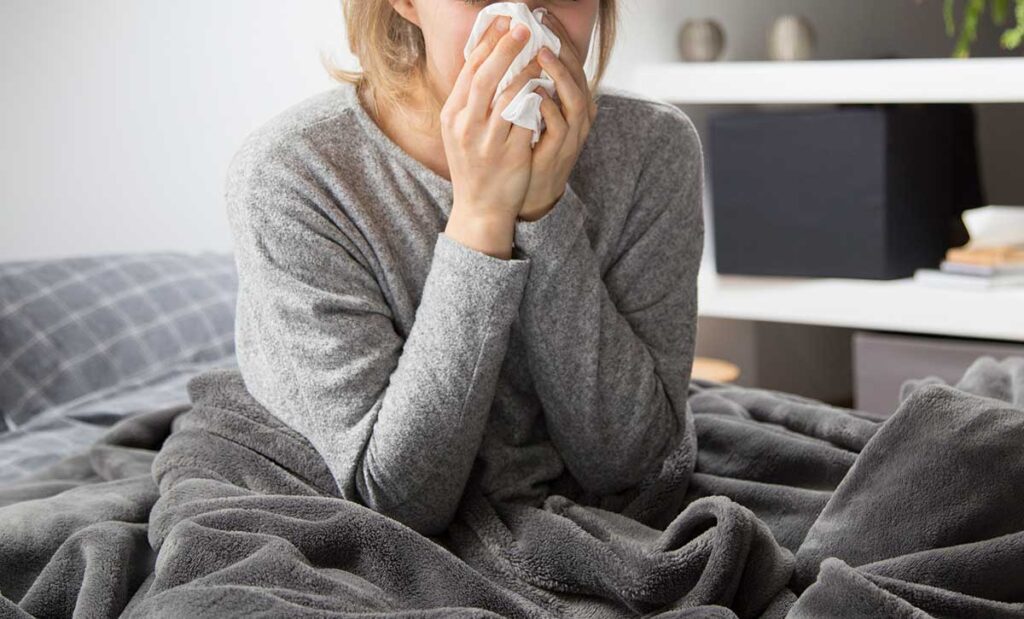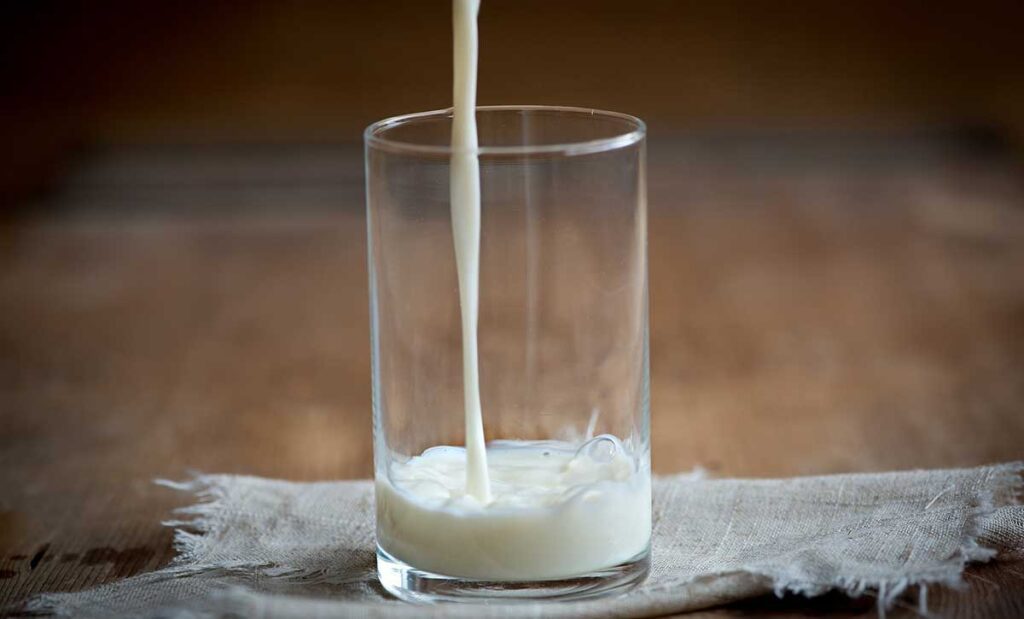Last Updated on November 13, 2023 by Cathy

Multiple sclerosis (MS) is a disease that is caused by chronic inflammation including environmental toxins. Your liver works hard to remove these toxins. To remove these toxins you need to work on improving your liver health. The liver is a large, reddish-brown organ located in the upper right side of your abdomen. It’s one of the largest organs in the body and performs many critical functions.
Livers function includes:
- Filters the blood in the body from toxins
- Gets rid of old red blood cells
- Involved in processing various hormones
- Production of bile, which helps to digest fat
- Production of blood-clotting proteins
- Regulation of blood sugar levels
- Removal of toxins from the blood
- Stores vitamins and minerals
Alcohol, obesity, and viruses such as the Epstein-Barr virus (the main cause of MS) can damage the liver. Liver damage is also a known side effect for some people with MS. This is due to disease-modifying therapies (DMTs).
The four DMTs from the 1990s, which are all interferon drugs cause liver damage. They include Avonex, Betaseron, Copaxone, and Rebif also known as the CRAB drugs. Other DMTs that also cause liver damage include Aubagio, Gilenya, Tecfidera, and Teriflunomide.
DMTs are not a cure for MS. If they work, they only slow the disease process down. As you know, I avoid all MS medications. If you decide to be on one of the DMTs that’s okay, it is your choice but look into the side effects. It is your body and your choice.
In the book, “Healing Multiple Sclerosis” Ann Boroch makes it easy for you to decide what is right:
Ask yourself this question, “Will I have more fear about what is going to happen to my body if I don’t take a drug?” If the answer is yes, it is probably best to take the medication because the stress caused by your fear will contribute to the crumbling of your health. If you are more afraid to be on medication, you have answered your own question. – Ann Boroch
The Liver’s Key Functions
The liver is one of the most important organs in the body. Because it performs many critical functions that keep us healthy. The liver plays a vital role in maintaining good health and proper body function. It is one of the most important organs in the body.
Some of the liver’s main functions include:
- Filtering toxins from the blood. The liver helps to remove harmful substances. Such as drugs, alcohol, and waste products, from the bloodstream.
- Heavy metals. Heavy metals such as lead, mercury, cadmium, and arsenic can accumulate in the liver. Chronic exposure can lead to liver inflammation, fibrosis, and even liver failure. – Heavy metals are one of the triggers of MS.
- Producing bile. Bile is a substance that helps to break down fats in the small intestine. It allows for proper digestion and absorption.
- Regulating glucose levels. The liver helps to regulate glucose levels in the body. It also releases stored glucose as needed and produces glucose when necessary.
- Synthesizing proteins. The liver is responsible for producing many important proteins. Including those involved in blood clotting and transporting nutrients in the blood.
- Storing vitamins and minerals. The liver stores vitamins, such as vitamins A, D, and B12. As well as minerals, such as iron, that the body needs.
When your liver becomes overloaded with toxins it is unable to do its job. Household chemicals, bacteria, viruses, and chronic stress is hard on the liver. Even the water you drink can be hard on the liver. City water has chlorine, fluoride, microbes, and trace amounts of medications. Water can also have lead and copper from pipes. That’s why it’s best to drink filtered water.
Liver Damage

The liver can get damaged due to a variety of reasons which can lead to many symptoms. Such as fatigue, abdominal pain, and yellowing of the skin or eyes (jaundice).
Causes of liver damage include:
- Alcohol abuse. Excessive alcohol consumption can lead to liver inflammation, cirrhosis, and liver failure.
- Autoimmune diseases. Conditions such as autoimmune hepatitis.
- Cancer. Primary liver cancer or metastasis of cancer from other organs to the liver can cause damage.
- Fatty liver disease. A buildup of excess fat in the liver can lead to inflammation and liver damage.
- Medications. Many MS medications cause liver damage.
- Metabolic disorders. A condition that puts people at a higher risk of heart disease, type 2 diabetes, and stroke. This can affect liver function and cause damage.
- Nonalcoholic fatty liver disease. The excessive fat build-up in the liver without another clear cause such as alcohol use. Usually caused by a high-fat diet.
- Toxins. Such as chemicals, drugs, and environmental toxins can harm the liver.
- Viral hepatitis. Viral infections such as hepatitis A, B, C, D, and E can cause liver damage. EBV (the main cause of MS) can cause liver inflammation (hepatitis).
Toxins

Toxins are substances that are harmful to the human body. It’s important to note that the toxicity of a substance can depend on various factors.
Examples of toxins in the body include:
- Alcohol
- Certain natural substances (such as poisonous mushrooms and snakes)
- Certain prescription drugs (such as MS medications) and over-the-counter drugs (such as Tylenol)
- Chemical pollutants (such as pesticides and dioxins)
- Chemical solvents such as air fresheners, cleaning products, carpeting, paint, and new furniture
- Heavy metals (such as lead, mercury, and arsenic)
- Microorganisms (such as bacteria, viruses, and parasites)
- Tobacco smoke
Anytime you walk down the cleaning aisle at a grocery store you’re breathing in chemicals. Or walking your dog past a house where you can smell dryer sheets. If you swim in a public pool you are absorbing chlorine through your skin. If you stop to get gasoline for your car, you are inhaling toxic gasoline fumes.
We’re surrounded by toxins and it’s impossible to avoid all of them. You can’t control what’s outside but you can control what’s in your home. By cleaning up your home environment you’re giving your liver a break.
You May Also Enjoy Reading:
Stress and the Liver
Stress hormones also affect the liver. When the body experiences stress it releases cortisol and adrenaline. This can cause an increase in blood sugar levels and a decrease in insulin sensitivity.
This can lead to a buildup of glucose in the liver. It increases fat storage, leading to liver damage over time. Long-term stress can also cause changes in the gut microbiome affecting liver function. It’s important to manage stress and maintain a balanced diet to support liver health.
Bacteria and Viruses

Infections caused by bacteria and viruses can put a strain on the liver. This can lead to liver inflammation which can cause damage to the liver cells. The infection can lead to more serious liver problems, such as liver failure.
In 2022, a 20-year study on 10 million military personnel researchers found Epstein-Barr virus (EBV) is the main cause of MS. Out of 801 people with MS only one did not have MS. They compared this with other viruses and EBV was the only virus found in all but one MS patient.
To Learn More About The Study Read:
Heavy Metals Can Be Harmful To The Liver
Exposure to heavy metals, such as mercury can cause liver damage and dysfunction. Exposure can occur through ingestion, inhalation, or skin contact. It can even accumulate in the body over time.
Prolonged exposure can lead to liver disease and even liver failure. It is important to limit exposure to heavy metals to protect the liver and overall health. Heal your liver by lowering and removing toxic heavy metals from your body.
If you get an MRI with contrast you’re exposed to Gadolinium, a heavy metal. If you do get an MRI with contrast drink lots of water afterward to help flush it out of your body.
Food That’s Hard On Your Liver

Certain foods can put a strain on the liver. Foods high in sugar, processed foods, saturated fats, and trans fats are hard on the liver. Excessive amounts of alcohol can be especially hard on the liver.
Dairy is also hard on the liver. Consuming a lot of dairy products can lead to nonalcoholic fatty liver disease. Studies found women with MS who consume more dairy had more flares. Another study found countries that consume more products at higher rates of MS. – Avoid all dairy products including whey.
Nonalcoholic fatty liver disease can lead to:
- Cardiovascular disease
- Chronic kidney disease
- Cirrhosis
- Type 2 diabetes
Foods That Heal Your Liver

A diet high in fruits and vegetables benefits the liver. It’s important to eat a healthy diet to support liver function.
There are several foods that can help support liver health such as:
- Apples. They contain antioxidants and fiber, both of which can support liver function. Antioxidants help protect the liver from damage from free radicals. Fiber helps to remove toxins from the body and improve digestive function. Apples are a good source of pectin, a type of soluble fiber that helps the liver detox. – As the saying goes, “an apple a day keeps the doctor away.”
- Avocados. They are a good source of healthy fats and potassium. This can help regulate blood pressure and improve liver function.
- Berries. Such as blueberries, raspberries, and blackberries. They are high in antioxidants and can help protect the liver from damage. Wild blueberries have more antioxidants compared to cultivated blueberries.
- Cruciferous vegetables. Such as broccoli, cauliflower, and cabbage. They contain sulforaphane, a compound that supports liver function.
- Garlic and onions. They contain compounds that can help flush out toxins and improve liver function.
- Leafy greens. Help protect liver cells from damage. Leafy greens are high in antioxidants and vitamin C.
- Nuts. Such as almonds and walnuts. They contain healthy fats and antioxidants that can support liver health. – Eat these in moderation.
Herbal Teas for Liver Health

There are certain herbs that have been traditionally used to support liver health. It’s best to talk to your doctor if you have a liver condition or are on any medications. (Herbs can interfere with certain medications.)
Herbal teas that help support liver health include:
- Milk Thistle Tea. Milk thistle is a herb that people have used for centuries to support liver function.
- Dandelion Tea. Helps support liver function and remove toxins from the body.
- Turmeric Tea. Turmeric contains a powerful antioxidant called curcumin. It helps protect the liver against damage and supports overall health.
- Licorice Tea. Helps support the liver’s ability to remove toxins from the body.
Transform Your Liver Health
We live in a toxic world and our livers can become overwhelmed. Help it out by eating a clean diet and removing as many toxins from your home as you can. Drink plenty of filtered water so the liver can flush out toxins.
Be good to your liver and your body will start to heal.

Free Wellness Library!
Subscribe for free and I’ll send you the password to my secret library filled with many printables for your wellness journey.
Want to remember this health tip? Pin it to your Pinterest board!

Images courtesy by DCStudio, katemangostar, and stefamerpik on Freepik and congerdesign, Petra, and THAM YUAN YUAN from Pixabay.
Resources:
https://pubmed.ncbi.nlm.nih.gov/34534894/
https://pubmed.ncbi.nlm.nih.gov/34319570/
Transform Your Liver Health





